What was Blackout Tuesday and how can we support black artists right now and in the future ?
If you are questioning why your Instagram feed consisted of a a bunch of black squares followed by hashtags such as #theshowmustbepaused or #blackouttuesday , you’ve been living under a rock! No, I’m kidding, let me explain 🙂
BLACKOUTTUESDAY was the music industry muting in solidarity for the Black Lives Matter movement standing with protestors globally against Police Brutality after an innocent black man was lynched after following accusations of using a counterfeit 20$ bill. This naturally sparked global outrage. Many influential artists muted, no live streams were produced, dialogue called for reflection. Some major record labels, gave their employees a “day of action”, intended to “provoke accountability and change“.

Supporting partners adapted their communications to their own issues. For instance, Glitterbox, after some internal pushing from their own employees, recognized that the disco 80’s loving label admitted to profiting off black culture:
“On Tuesday 2nd June, DefectedRecords, Glitterbox and classicmusicco will stand in solidarity with “Black Out Tuesday” for George Floyd and all those that have suffered through acts of racism & injustice. ”
The Alberta Electronic Music Virtual Summit, previously a free event, set up a donation system with all proceeds going towards Black Lives Matter organizations. With talks and workshops happening all weekend, they will notably host a panel on Sunday addressing systemic racism called (RE) BUILDING SAFE SPACES. This one of the many events that you can attend, with the opportunity to put your money where your mouth is.
Another exciting action is Bandcamp’s decision to waive their fees once more on June 5th to directly support artists, and to donate all proceeds from their fee this June 19th to National Association for the Advancement of Colored People. You can view a constantly updated list of black producers and labels here.
Husa Sounds knows we’re not without our own set of issues when it comes to supporting and promoting black labels, producers, DJs and creators. We’re exchanging, we’re listening, and we’re reflecting on our responsibilities moving forward. We have a lot of work to do in aligning our actions with our values, and we welcome conversation on the topic for those who wish to share their perspectives.
Countless other artists around the globe muted for a day and took the time to reflect on what is going on globally.
In this industry that profits off Black culture, millions of dollars are allocated to the (mostly white) executives at the top and already so little to the artists themselves. This is something that is necessary. You can’t have our culture and our lives. All consumers of electronic music are concerned – House and Techno come from black culture!
I’ve been obsessed with music ever since I could remember. I used to record the radio at specific times and make mixed cassette tapes. My portable speaker is attached to my hip and I cannot think of a day where I did not listen to music.
This day was important to me. Especially after participating in the Montreal peaceful protests. I sat, I worked I continuously sobbed at my phone or laptop depending on which I was using to consume what felt like an infinite sea of harsh, brutal violence against peaceful protestors. The slogan “Silence is Violence” constantly repeating itself at the back of my mind. So I thought to myself, as I looked at the list of Artists I listen to, why is the music DOMINATED by white men? To the point where I would say 90% of influential electronic music artists are European descendent men. I went through my tracks and majority have samples, vocals, or instruments that originated from other cultures and somehow going back to black culture.
I. LOVE. THIS. SO. MUCH. Hold us back and see if we won’t find a way to rise above your oppression. This was in Manhattan today at a protest. It’s beautiful. Thanks for filming it @antoinettehenry.
Posted by Shaun King on Wednesday, June 3, 2020
It dawned on me that this is nothing new. Predominantly white artists have been stealing from black culture since before our time. The Beatles, Elvis, among so many other internationally famous artists appropriated sounds from black groups in the 50’s 60’s. Sounds have been extracted from their African contexts and brought to the West to be interpreted and monetized by whites. One of many examples, The Beatles’ ‘Revolution’, was taken from Pee Wee Crayton, a Black blues jazz artist who’s 1954 single was called “Do Unto Others”. John Lennon defended himself by saying, “It wasn’t a rip-off; it was a love-in.” as reported by Rolling Stone. If you click the link above, there are many more examples of this. Google is a powerful tool ;). Now you see, this is a systemic cycle that we observe over and over again and it’s a way for those in power to keep capitalizing off those in poverty. What keeps this cycle continuing is SILENCE.
I could go into detail of just how many famous songs have been “inspired” from black culture (which would be interesting) but I wont. What I will do, is showcase a list of Black artists who are in the scene and show you how you can support them.
Larry was a iconic figure in the 1980’s Chicago house scene. He’s recorded under different names but his most most famous would be Mr. Fingers. I am sure you are familiar with his tracks “Mystery of Love”, or “Can You Feel It” . This icon has been releasing tracks since the 80’s and one of my favourite Mr. Fingers Tracks “Qwazars” was released in 2016. You might’ve caught the sample on Kanye West’s “Fade”.
Like so many others, Honey Dijon’s love for music and the scene started with her parents’ R&B and Hiphop songs. Another Chicago born black artist who, once introduced to the underground scene, was crazy about Detroit techno and of course house music. Now she splits her time between Berlin and New York where she flawlessly plays her signature sound that she is sought out for globally. Her expression is not only through music as she has also become a style icon. It’s amazing to see a black woman finally getting her deserved recognition in the scene. Her album called Xtra is for sale and it’s bomb.
…and so many more!
Okzharp is South African artist, performer and musician takes imaginative movements, touching ballads and creates wonderful pieces of art. Her track “Closer Apart” with producer Manthe Ribane is wild and unique. You can hear the depth and the influence of South African black culture. You can purchase the album here.
I am not saying that this article is my way out of being called racist. As a Kurdish woman, I will never know what it feels like to be a black or indigenous person in our society. I am sharing this with you so the people who feel helpless, confused, or silent, can take one second to think about who you are supporting and who is profiting from the dollars you spend.
SUPPORT BLACK ARTISTS. SUPPORT FEMALE ARTISTS. SUPPORT PEOPLE OF COLOUR. During this time, it’s necessary to be LOUD. Silence is violence.
One day, hopefully soon, I will see you on the dance floor.
Hellan
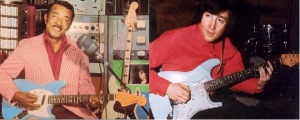

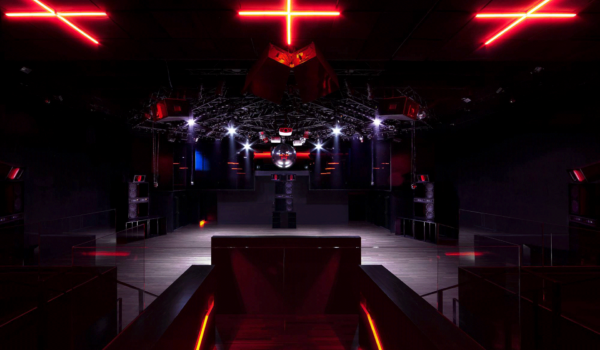
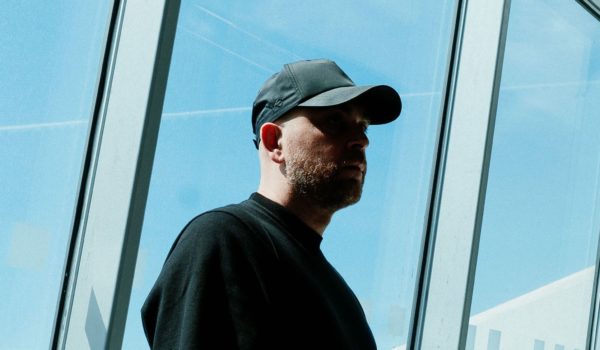
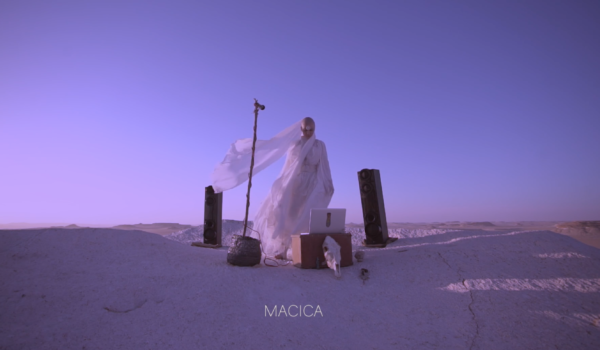
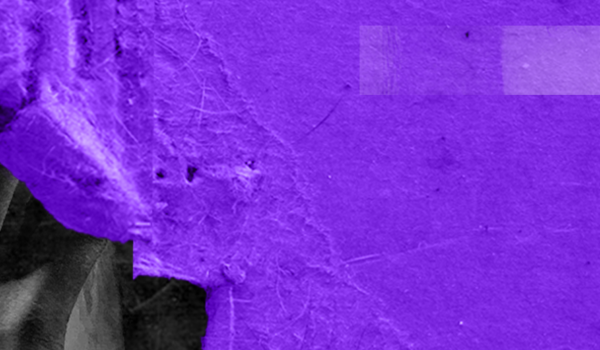

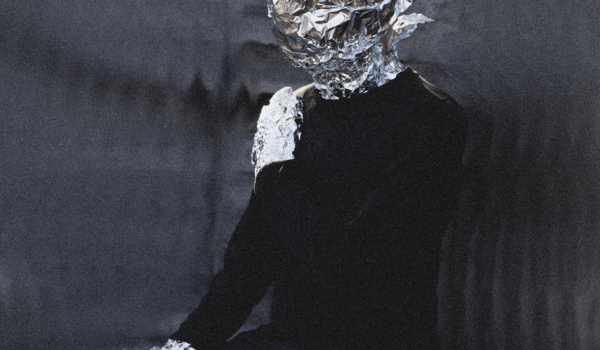
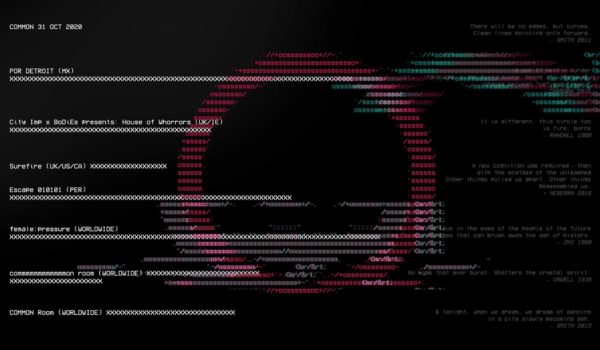
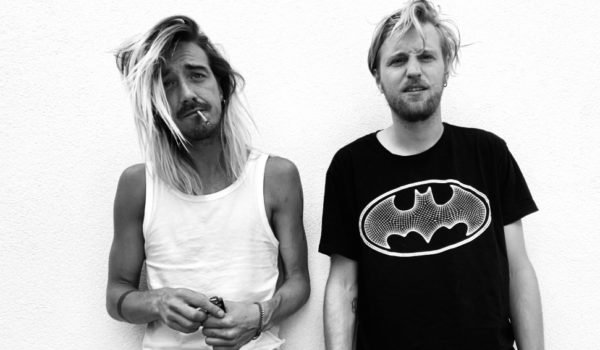
Comments